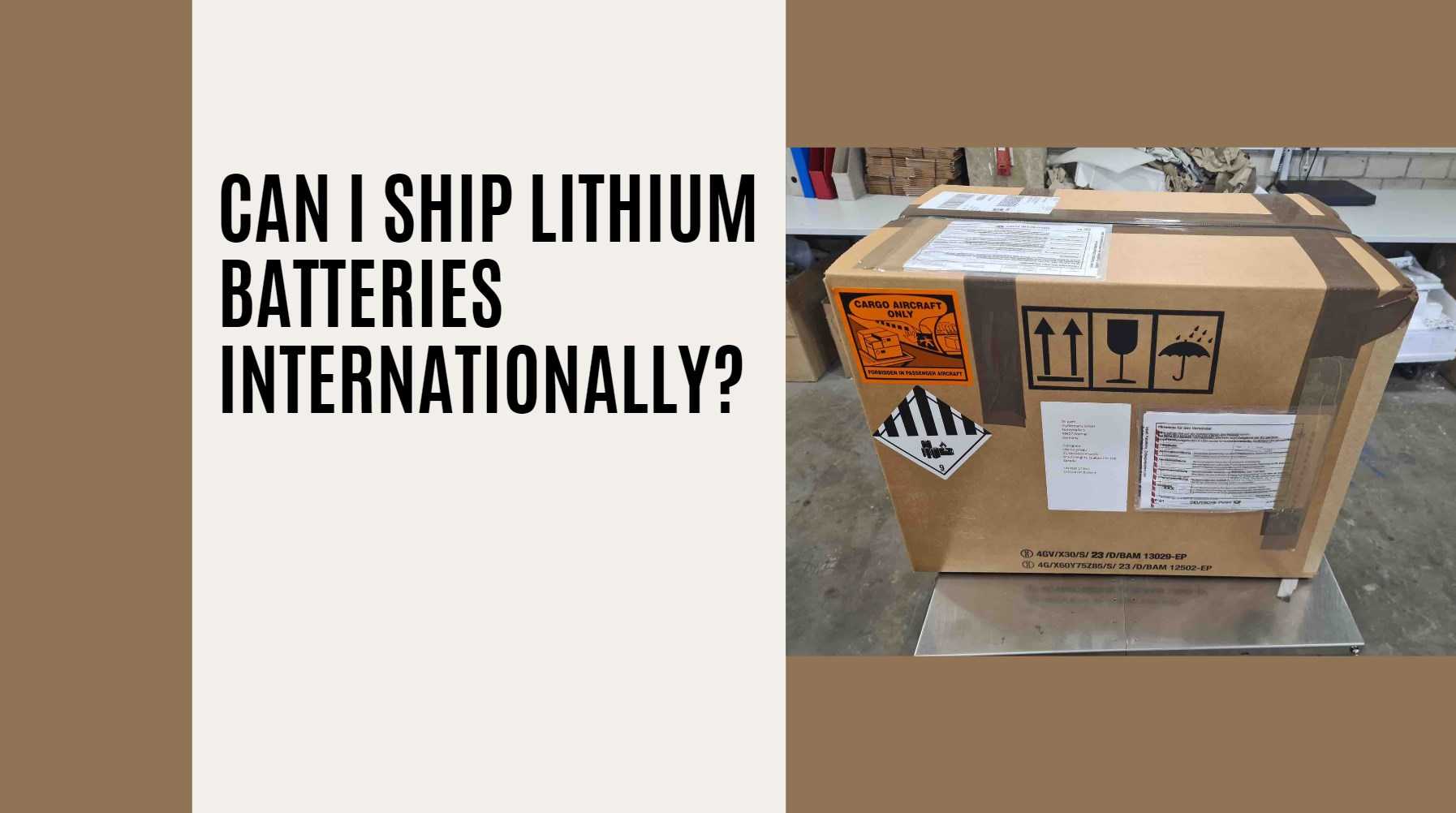Yes, you can ship lithium batteries internationally, but there are specific regulations and safety measures that must be followed to ensure compliance and safety. Here are the key points to consider:
Regulations and Safety Guidelines
- Dangerous Goods Classification: Lithium batteries are classified as dangerous goods due to their flammable electrolyte and high energy density. This classification requires adherence to strict regulations set by organizations such as the International Air Transport Association (IATA) and the International Civil Aviation Organization (ICAO).
- Packaging Requirements: Proper packaging is crucial when shipping lithium batteries. Batteries must be packaged in a way that prevents short circuits and protects them from physical damage. This often involves using individual packaging for each battery and placing them in outer packaging designed to withstand impacts.
- Labeling: Packages containing lithium batteries must be clearly labeled to indicate the presence of dangerous goods. Labels should include the UN identification number (UN3480 for lithium-ion batteries shipped alone, UN3481 for those contained in or packed with equipment), as well as the Class 9 hazardous materials label.
- Shipping Methods:
- Standalone lithium batteries cannot be shipped on passenger aircraft but can be transported on cargo aircraft under specific conditions.
- Lithium batteries contained in or packed with equipment may be shipped by air, subject to weight and watt-hour restrictions.
- Courier Selection: Not all courier services accept lithium batteries due to the associated risks and regulations. It is essential to choose a courier experienced in handling hazardous materials. Major couriers like FedEx, UPS, and DHL provide guidelines for shipping lithium batteries safely.
- Documentation: Additional documentation may be required when shipping larger quantities of lithium batteries or specific types of batteries. It is advisable to consult with the chosen courier for any specific requirements.
Conclusion
In summary, while it is possible to ship lithium batteries internationally, it is essential to comply with all relevant regulations regarding packaging, labeling, and shipping methods to ensure safety and compliance. Always check with your courier for their specific guidelines before proceeding with your shipment.
Shipping lithium batteries internationally by sea requires strict compliance with IMDG regulations. When shipping lithium batteries internationally by sea, ensure proper labeling, packaging, and documentation to avoid delays or penalties. Many businesses rely on ocean freight for cost-effective transport. However, shipping lithium batteries internationally by sea demands UN38.3 test certification and adherence to Class 9 hazardous material rules. Companies experienced in shipping lithium batteries internationally by sea help navigate these requirements smoothly. For reliable and compliant shipping solutions, trust Redway Battery, Deep Cycle LiFePO4 Batteries Manufacturer, a global leader in safe battery logistics and certified packaging methods.




